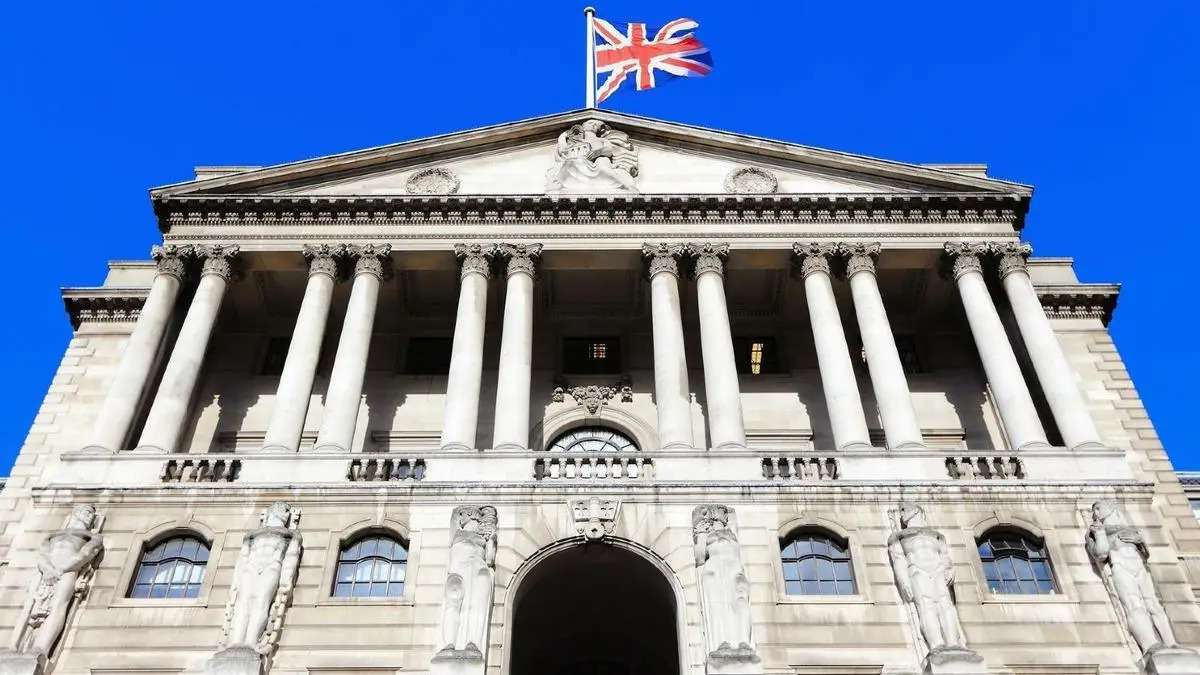The cut will be seen as an important staging post as the economy starts to turn the corner on years of inflationary shocks, reports Asian Lite News
The Bank of England has cut rates to 5%, marking the first drop since March 2020, which is likely to lead to lower mortgage repayment deals. The Bank had held rates at a 16-year high of 5.25% since August 2023, as it attempted to tackle rising prices across the UK.
This is more than just the Bank of England cutting its base interest rate for the first time in four years. The cut will be seen as an important staging post as the economy starts to turn the corner on years of inflationary shocks. There will be some relief for many homeowners and movers, although most are now stuck on fixed rate mortgages.
The last time rates were dropped was in the early days of the coronavirus pandemic, they were slashed to a record low of 0.1% in an attempt to boost the economy.
The Bank of England has cut interest rates from 5.25% to 5%, the first drop since the onset of the pandemic in March 2020, BBC reported. The BoE’s rate setting committee voted by a majority of five to four to reduce the rate.
The base rate is closely followed as it heavily influences the rates set by High Street banks and money lenders. Interest rates were hiked in the last few years in a bid to combat the pace of price rises, known as inflation.
High rates have led to people paying more to borrow money for things such as mortgages and loans, but savers have also received better returns.
Chancellor Rachel Reeves welcomed the BoE decision to cut the rates.
“While today’s cut in interest rates will be welcome news, millions of families are still facing higher mortgage rates after the mini-budget,” said the Chancellor.
“That is why this government is taking the difficult decisions now to fix the foundations of our economy after years of low growth, so we can rebuild Britain and make every part of our country better off,” she adds.
Businesses can start to anticipate cheaper investment funding. The government borrowing forecasts should start to improve.
In addition to the deliberations on Bank Rate, the Monetary Policy Committee (MPC) may also give some guidance on what it intends to do over the next year with its balance sheet. The Bank is one of very few central banks to be actively selling down the portfolio of bonds it accumulated during years of “quantitative easing.” That is causing the Bank to record heavy losses, which it is passing on to the Treasury (It had passed on equally heavy profits during the first part of the program a decade ago.)
The Bank is due to decide how to proceed for the next 12 months in September, and Deutsche Bank’s Sanjay Raja suspects that it will slightly slow the pace of active gilt sales to £40 billion from £50 billion in the current year. However, because more gilts in the Asset Purchase Facility are maturing naturally next year, the overall “envelope” for quantitative tightening will rise to £127 billion from £100 billion.
ALSO READ: British MPs Forum to promote ties with India

